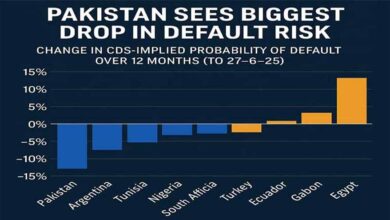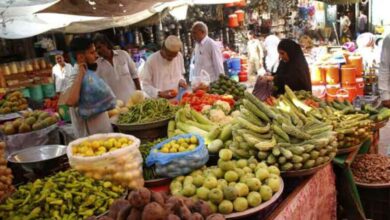The International Monetary Fund (IMF) has recommended stringent measures to enhance tax law enforcement in Pakistan, with several proposals likely to feature in the upcoming federal budget for 2025-26.
Among the key suggestions is the expansion of the luxury goods list subject to higher sales tax rates. The IMF has proposed increasing the sales tax on luxury items beyond the current 25 percent, aiming to broaden the tax base and increase government revenue.
In parallel, the World Bank has urged authorities to leverage technology more effectively to strengthen the powers of tax officials, ensuring greater transparency and curbing tax evasion.
Sources indicate a significant hike in penalties for tax evasion at point of sale (POS) systems is under consideration. The proposed fine increase—from Rs 500,000 to Rs 5 million—is coupled with recommendations to initiate criminal proceedings against violators, signalling a tougher stance on tax-related offenses.
The proposals also include raising the federal excise duty on agricultural machinery and inputs. Additionally, the government is contemplating easing import restrictions to facilitate access to essential agricultural equipment.
Solar panels
A notable and controversial recommendation involves the abolition of all tax exemptions, including those currently granted for solar panels, reflecting the IMF’s push for a more uniform tax regime.
Furthermore, an 18 percent Goods and Services Tax (GST) on fertilizers, pesticides, and other agricultural equipment is being proposed, which could have wide-reaching implications for the farming sector.
The Finance Ministry is reportedly reviewing these recommendations as it prepares the budget for the fiscal year 2025-26, with final decisions expected in the coming weeks.







